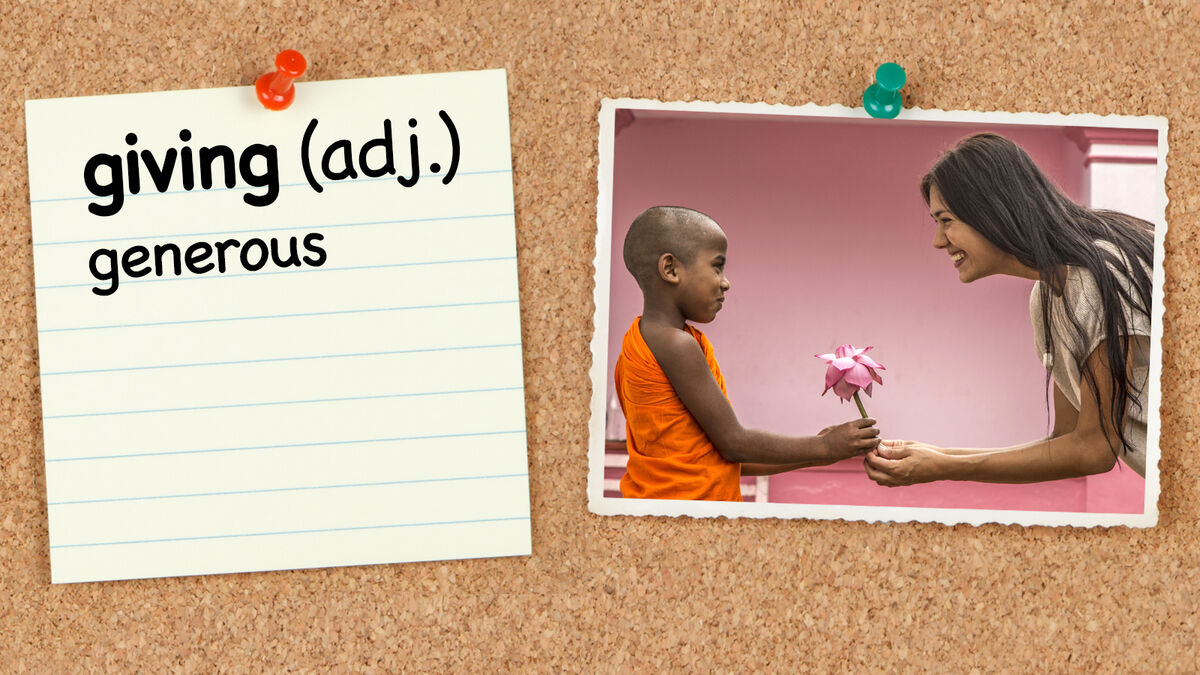
First grade vocabulary words include words kids should know and understand at this age level. Students don’t need to be able to spell or read the words to understand their meanings. Vocabulary words are different from first grade spelling words and even first grade sight words. Get started learning new words with these lists of 1st grade vocabulary words and their meanings.
1st Grade Vocabulary Words With 3 or 4 Letters
The grade 1 national reading vocabulary list developed by TampaReads includes 340 words kids should be able to read by the end of this school year. Most of these are short sight words, so you can learn these little words in addition.
- calm (n.) - state of peace or being free from stress and worry
- fair (adj.) - honest and not favoring one side or the other
- huge (adj.) - extremely large
- let (v.) - to allow
- lie (n.) - something you say that isn’t true
- list (n.) - a series of things you write down
- note (n.) - short piece of writing
- odd (adj.) - something not normal or, in math, something that can’t be divided by 2
1st Grade Vocab Words With 5 or 6 Letters
After the first few weeks of school, first graders will be given challenge words, bonus words, or a word of the day to learn. These words will be commonly heard or used in speech and contain about five or six letters.
- annoy (v.) - to bother someone
- before (adv.) - at an earlier time or came in front of something else
- decide (v.) - to make a choice
- focus (v.) - to concentrate on something
- giving (adj.) - generous
- ignore (v.) - to avoid noticing something or purposely not pay attention to it
- invite (v.) - to ask someone to do something or come somewhere
- listen (v.) - try to hear someone or pay attention to something
- notice (v.) - to learn about or see something for the first time
- often (adv.) - many times
- pretty (adj.) - looks attractive
- proud (adj.) - feeling good about yourself for accomplishing something
- report (n.) - spoken or written details about a specific thing
- wonder (v.) - to want to know something or be curious
First Grade Vocab Words With More Than 6 Letters
Advanced students or kids who are doing well with vocabulary toward the end of the school year can start to move onto longer vocabulary words.
- attention (n.) - your mind focused on something
- comfortable (adj.) - feeling relaxed and happy
- consequences (n.) - what happens because of some other action
- discover (v.) - to learn something new or find something
- disappointed (adj.) - let down
- embarrassed (adj.) - feeling shame that makes you uncomfortable
- exhausted (adj.) - feeling very tired
- fascinating (adj.) - very interesting
- frustrated (adj.) - feeling of being unhappy because you can’t do or have something
- important (adj.) - having a lot of value
- investigate (v.) - search into something to find the truth
- miserable (adj.) - unhappy and suffering
- negative (adj.) - not good or positive
- question (v.) - asking something or not believing something
- suggestion (n.) - an idea that you’re offering
- uncomfortable (adj.) - feeling uneasy or anxious
- worried (adj.) - thinking about unpleasant things that happened or might happen
Vocabulary Activities for First Grade
First grade vocabulary activities mostly focus on kids hearing new vocabulary words or using them properly when speaking.
Vocabulary Password
Use one vocabulary word each week or each day as the spoken password kids need to use in a sentence to gain entry to something. At school they might need to tell you their sentence to enter the classroom in the morning. At home they might need to tell you their sentence before they can play a video game.
Vocabulary Story Count
Choose a vocabulary word that appears several times in a picture book or short story. You could also write a short story to go with each word. Read the story and ask kids to keep count in their mind or on paper of how many times they hear the vocabulary word.
Dictionary Scavenger Hunt
Write one vocabulary word where kids can see it. Give them a dictionary, make sure they know how to use it, then ask them to find the word. If you have a children’s dictionary, it will be easier. If the child can’t read the definition on their own, they can show you where they found the word and you can help read the definition.
1st Grade Vocabulary Learning Fun
Learning new words can make kids feel empowered. Make vocabulary lessons fun with vocabulary games and activities so kids don’t get overwhelmed by all the new words. One of the easiest ways to get kids learning vocabulary words is through reading. Start with this list of great reading books for first graders.